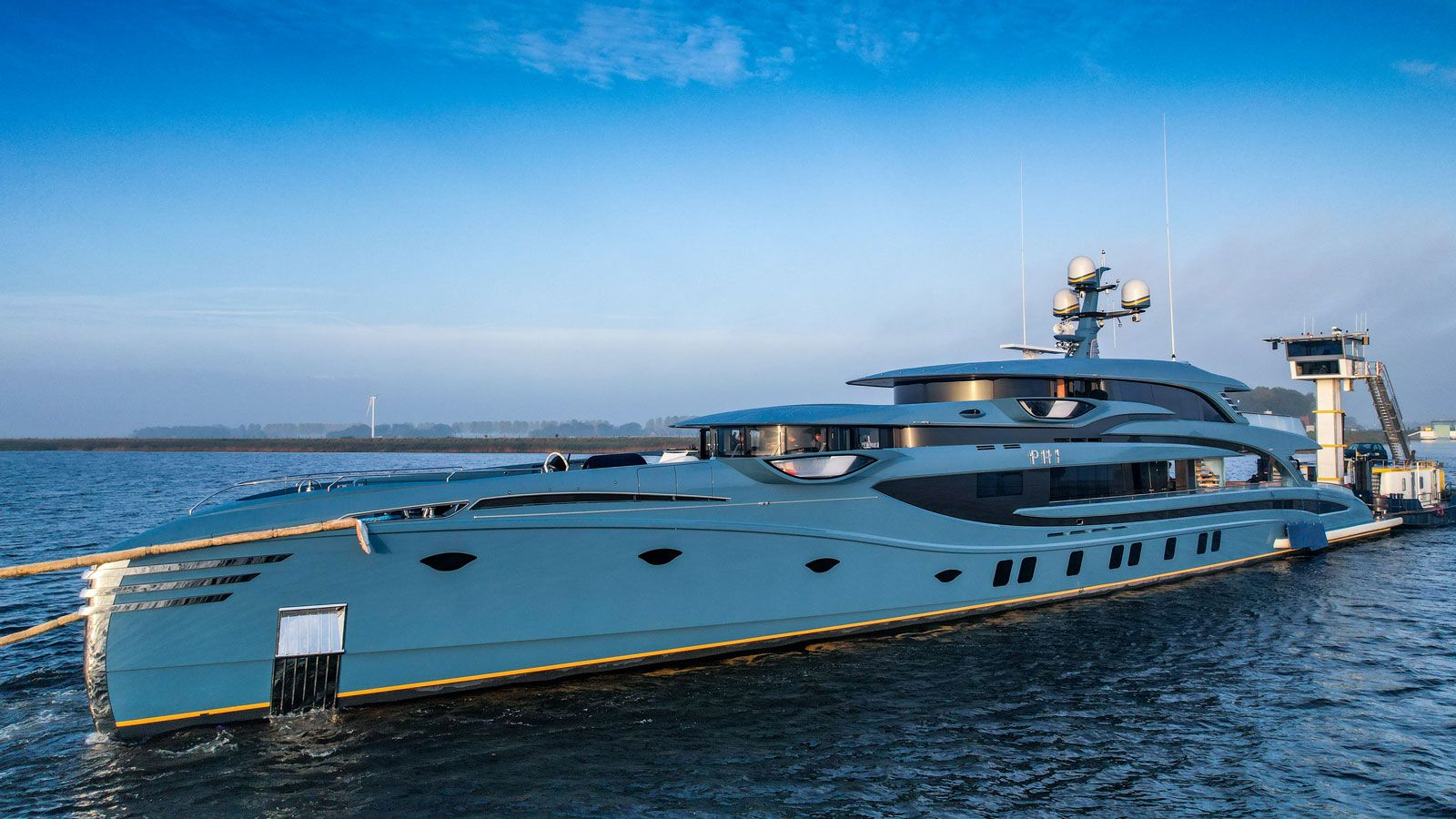On March 8, 2022, a £38 million British super yacht, named ‘Phi,’ came under the scrutiny of the UK government. This opulent vessel belonged to Russian billionaire Sergei Naumenko. Measuring an impressive 50 meters in length, Phi was crafted by the renowned German shipbuilder Lürssen, and boasted the capacity to accommodate up to 12 passengers and 18 crew members. It featured a range of luxurious amenities, including a pool, a spa, a cinema, and a library.
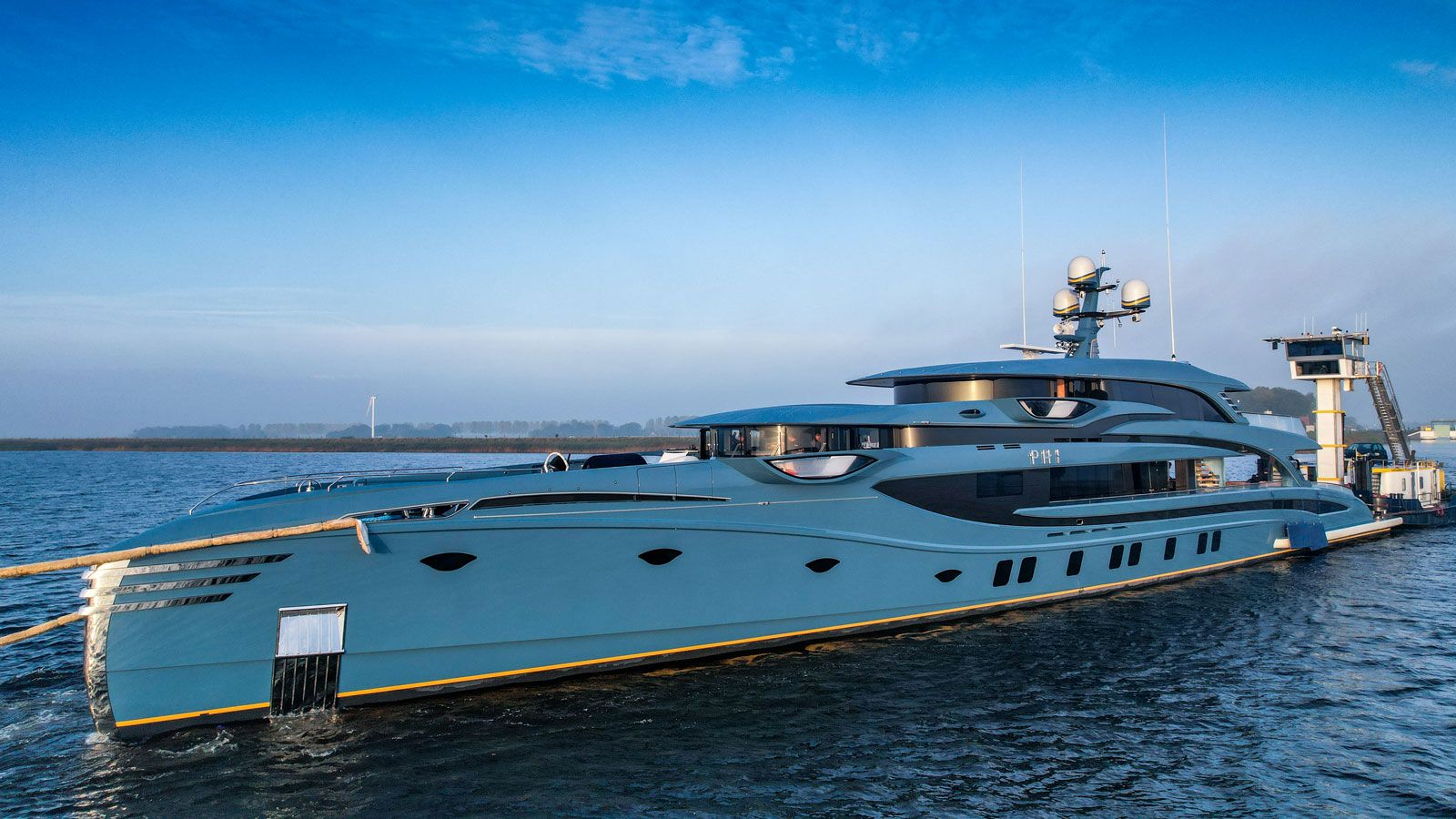
The government’s decision to seize Phi came in the wake of sanctions imposed on Russian oligarchs following Russia’s invasion of Ukraine. Notably, Sergei Naumenko was not among those explicitly listed for sanctions, raising questions about the legality and motivations behind the yacht’s seizure. Naumenko, aggrieved by the government’s action, subsequently filed a lawsuit against the UK government, asserting his lack of association with the Russian government and claiming the seizure as an unlawful act.
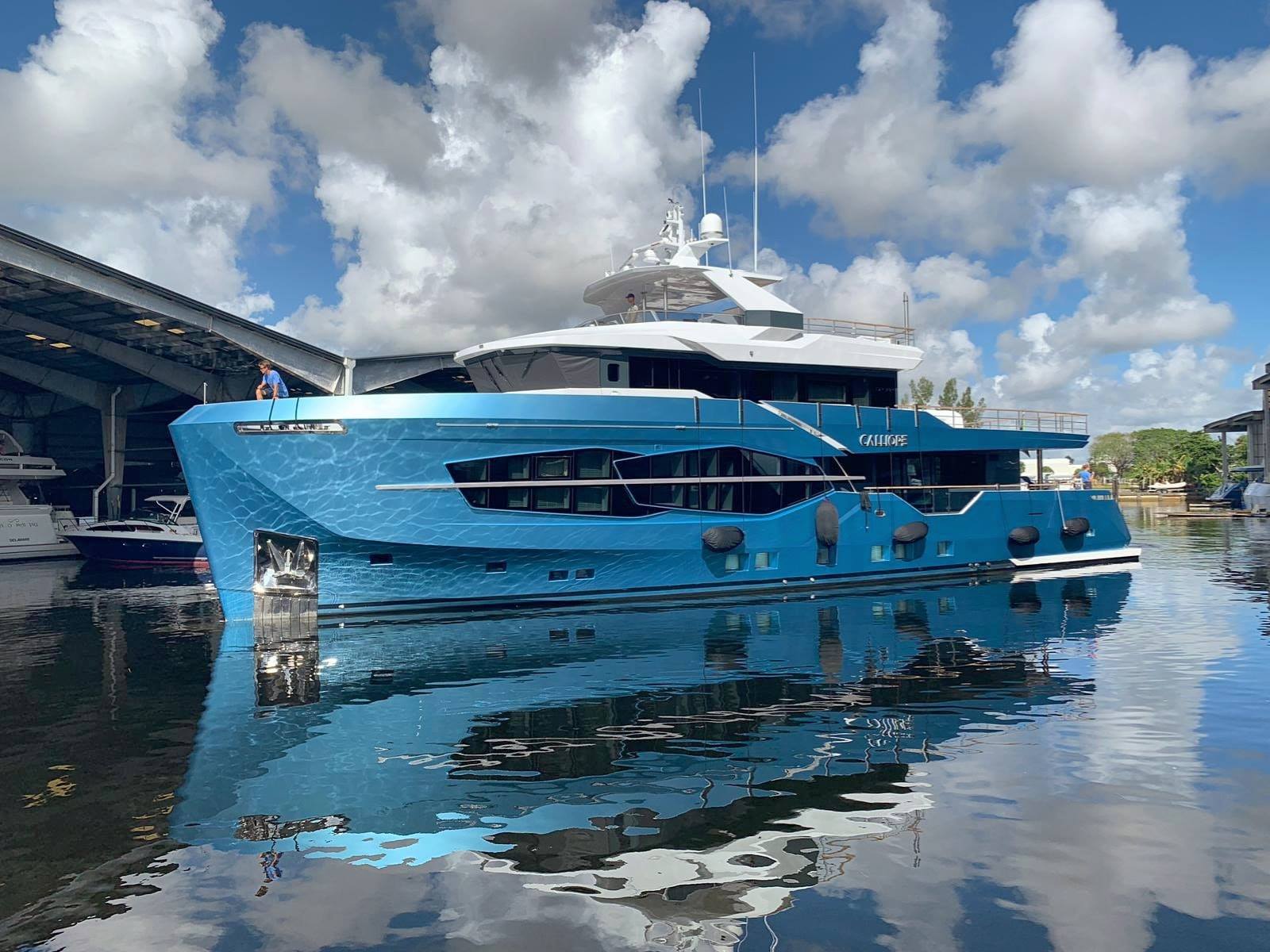
The incident has stirred a significant controversy in the UK, with strong arguments both for and against the government’s actions. Some believe the seizure is essential to enforce government sanctions, while others argue that it infringes upon property rights.
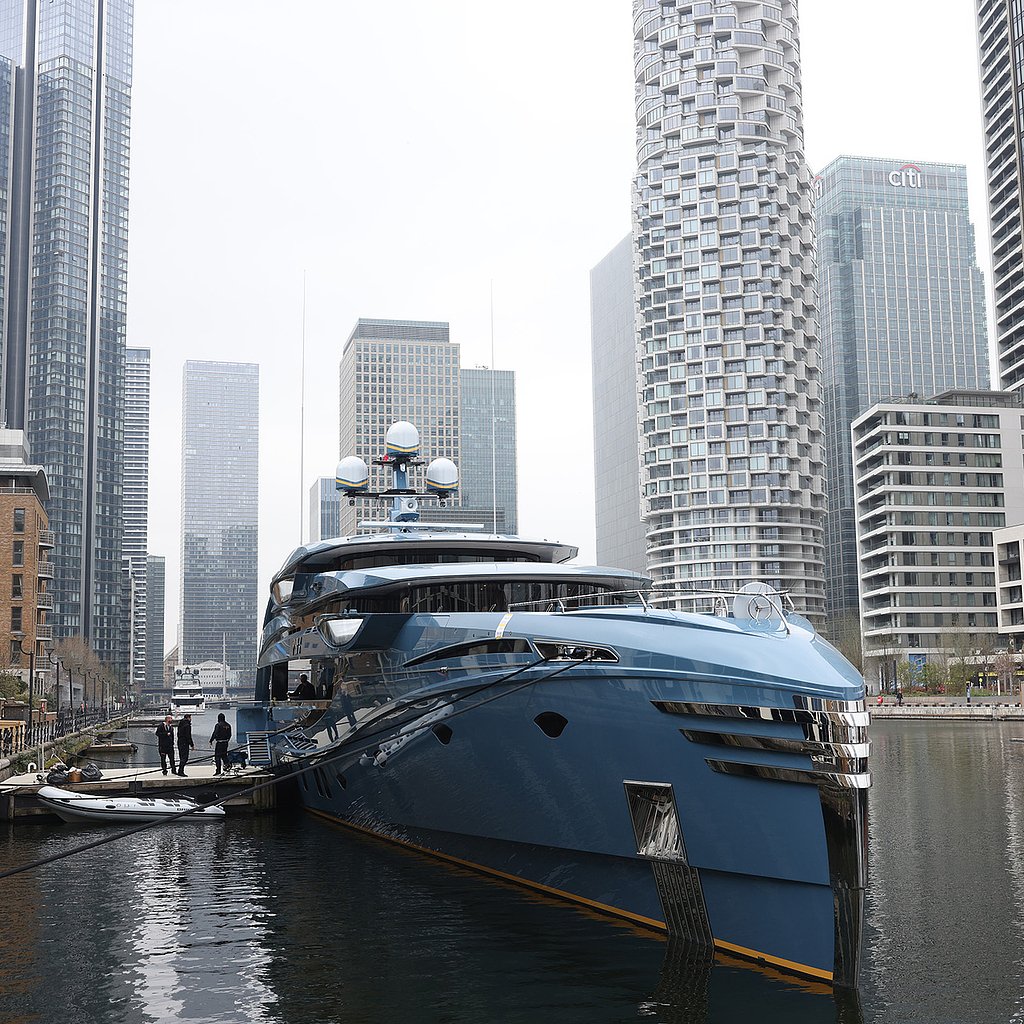
The yacht’s future remains uncertain, with possibilities ranging from government auction to retention as a government asset.
Sanctions and Seizure:
The sanctions imposed on Russian oligarchs by the UK government in response to Russia’s invasion of Ukraine were a measure to financially cripple those with alleged ties to the Russian government. However, Sergei Naumenko’s case has sparked a unique debate.
The UK government’s rationale behind seizing Phi was ostensibly based on the assumption that the yacht was associated with a Russian oligarch, thus making it liable to sanctions. Naumenko’s conspicuous absence from the sanctions list raised questions about the government’s decision, with some suggesting it was either an oversight or a case of overreach.
Sergei Naumenko’s Perspective:
Sergei Naumenko, the owner of Phi, vehemently denied any ties to the Russian government or involvement in the conflict in Ukraine. In his legal challenge against the UK government, he claimed that the seizure of his yacht was unwarranted and infringed upon his property rights. This case highlighted the complexity of identifying true affiliations in a globalized world, and the legal intricacies involved in enforcing sanctions on assets like luxury yachts.
Public Opinion and Controversy:
The seizure of Phi ignited a firestorm of controversy and public debate in the UK. On one side, there are those who argue that the government was right in its actions, asserting that it must take decisive measures to enforce sanctions and prevent the use of luxury assets to circumvent them. On the other side, there are individuals who view this as an encroachment on property rights, with concerns about the potential for overreach and the need for a clear and transparent process in determining which assets are subject to seizure.
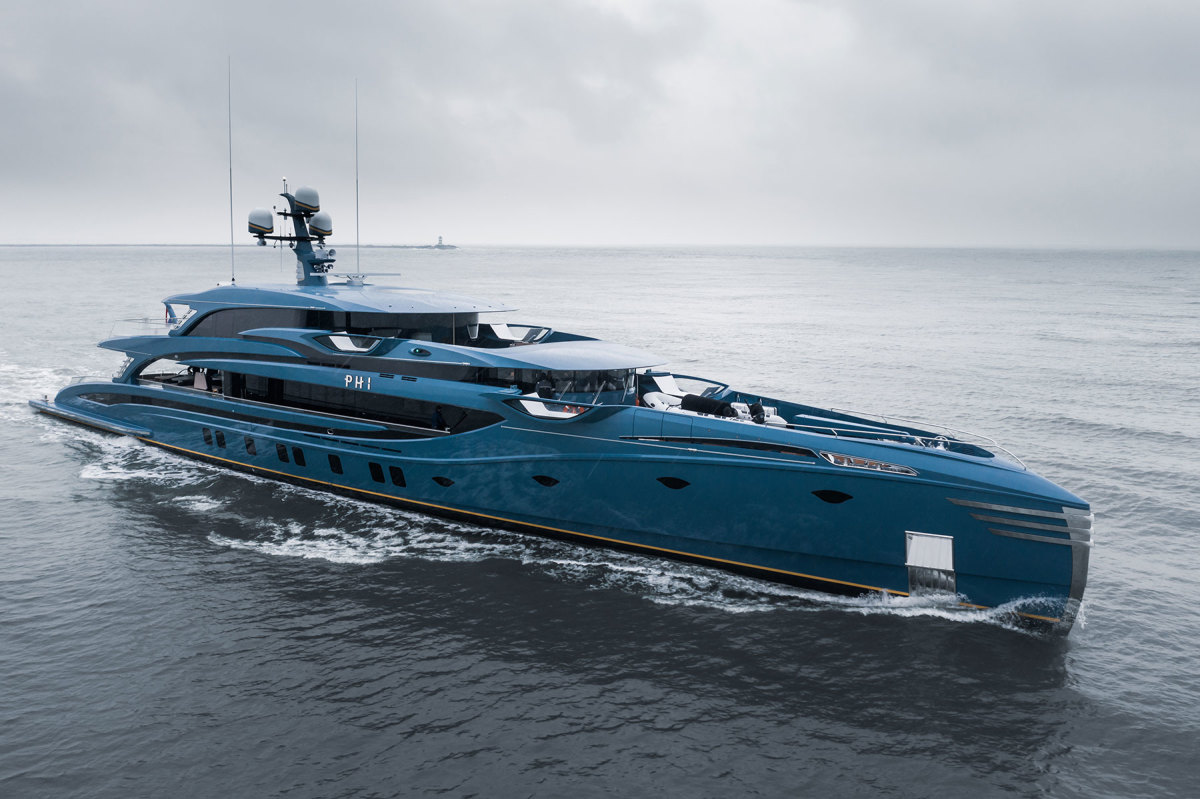
The Legal Battle:
Sergei Naumenko’s legal challenge against the UK government adds another layer of complexity to the situation. It underscores the necessity of a fair and just legal process to resolve disputes related to asset seizures, especially when they are tied to international conflicts and political tensions.
Uncertain Future:
As the legal battle unfolds and the controversy rages on, the future of Phi remains shrouded in uncertainty. The UK government may decide to auction the yacht to recover any alleged sanctions violations or retain it as a government asset. The outcome of this case has implications not only for the super yacht industry but also for the broader context of international sanctions and property rights.
Conclusion:
The seizure of the £38 million super yacht Phi serves as a microcosm of the larger debate surrounding international sanctions, property rights, and the role of governments in enforcing these measures. As Sergei Naumenko’s legal battle plays out, the controversy will persist, ultimately shaping the approach governments take when dealing with assets owned by individuals accused of violating sanctions. The fate of Phi remains uncertain, but its story serves as a significant chapter in the ongoing global discourse on the accountability of the world’s wealthiest and their assets.

